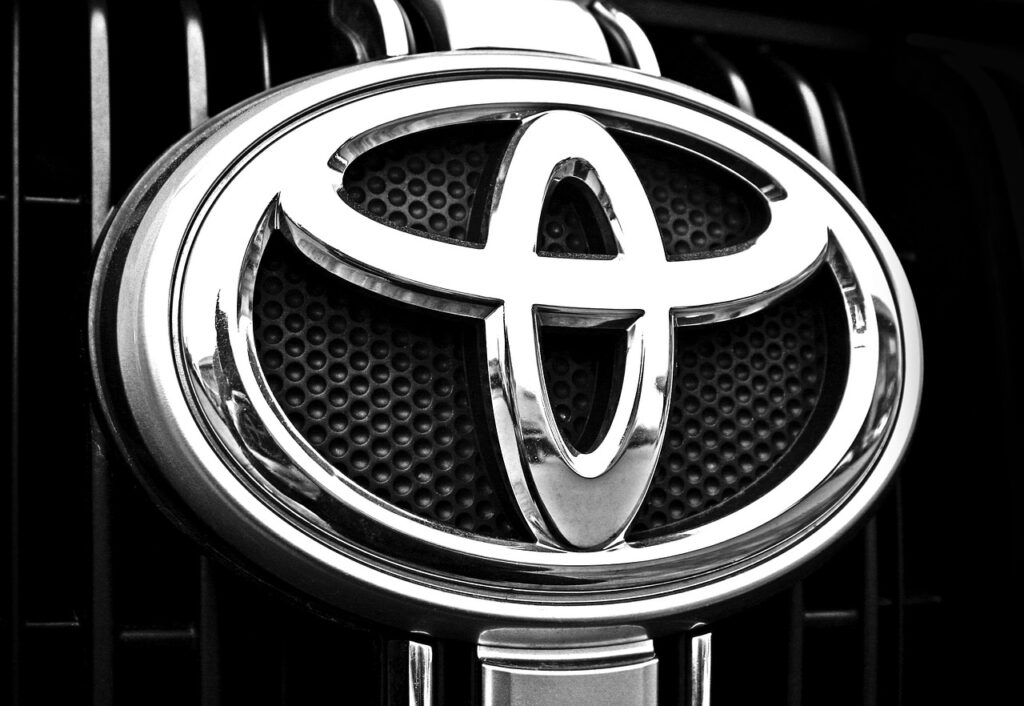In California, a class action lawsuit has been filed against Toyota, accusing the Japanese automaker of false advertising regarding the availability of hydrogen fueling stations for its Mirai model.
This lawsuit brings into question the promises made by Toyota about the convenience and practicality of owning a hydrogen-powered vehicle.
Owners of the Toyota Mirai who purchased or leased the vehicle between 2021 and 2024 have alleged that Toyota misled them with assurances that refueling the hydrogen car would be as “available, transparent, and comparable to gasoline refueling.” This claim is contrasted starkly by the current infrastructure, with California having only about fifty hydrogen stations compared to over 13,000 gasoline stations.
The plaintiffs argue that Toyota failed to disclose the practical challenges associated with hydrogen refueling. They highlight issues such as the limited number of hydrogen stations, frequent refueling problems, and prolonged station breakdowns, which sometimes last several days. These obstacles, they contend, make the Mirai “unsafe, unreliable, and unusable,” often requiring owners to drive long distances to refuel or even hire towing services.
Another significant point in the lawsuit is the “fuel card” provided by Toyota, which offered new Mirai owners discounts on hydrogen fuel. This card was supposed to last for at least five years, but plaintiffs claim that due to rising hydrogen prices at California stations, the card’s benefits were quickly exhausted, leaving owners to cover the high fuel costs out-of-pocket. This financial burden further exacerbated the impracticality of owning a hydrogen car under the advertised terms.
When comparing Toyota’s situation with industry benchmarks, it becomes evident that the hydrogen infrastructure is not yet robust enough to support the widespread use of hydrogen vehicles as promised. Other automakers investing in hydrogen technology, such as Hyundai and Honda, face similar infrastructure challenges. However, Toyota’s aggressive marketing and assurances stand out, making the discrepancy between promise and reality more pronounced.
This lawsuit underscores the broader issues facing the adoption of hydrogen vehicles. While hydrogen is touted as a clean energy solution with the potential to significantly reduce carbon emissions, the current refueling infrastructure is inadequate to support large-scale adoption. For hydrogen cars to become viable alternatives to traditional gasoline or electric vehicles, substantial investments in refueling stations and improvements in technology are required.
